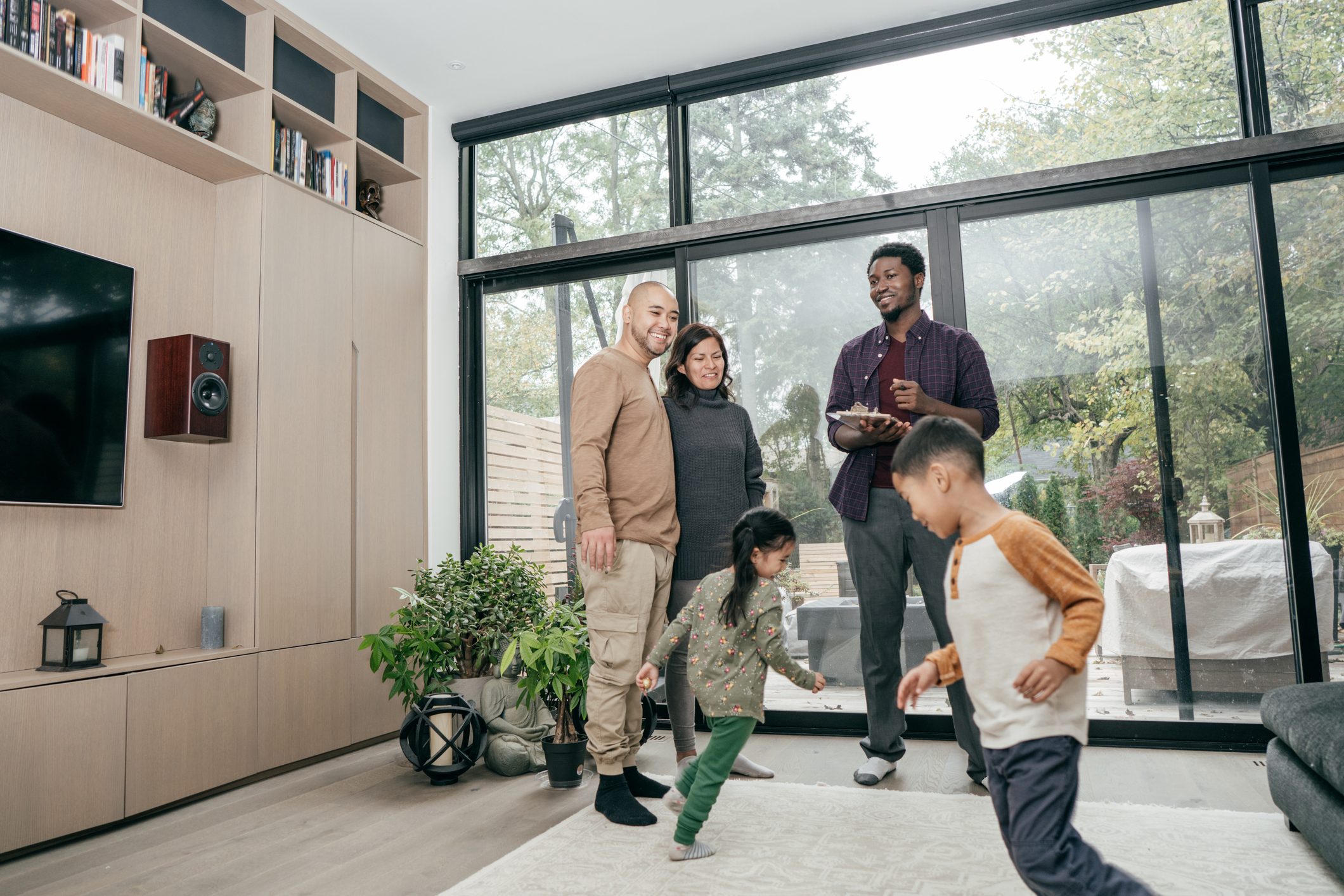Deciding where to live is a formidable decision for the best of us, especially when coupled with the financial pressures and long-term ramifications of a mortgage. Between looking for homes within your budget, factoring the development of the surrounding neighbourhood into the future of you and your family and navigating home inspections and meetings with your lender, buying a home can take you into unchartered realms of anxiety. Here are some best practices to keep you focused and level headed on your house-hunting journey.

Get Pre-Approved for a Mortgage
Have a conversation with your bank before you start looking for houses so that you can get approved for a mortgage. This gives you a rough estimate of how much home you can financially afford.

Get Pre-Approved for a Mortgage
Pre-approval also has other benefits as well: it shows that you are a committed buyer to listing agents and sellers. It can also lock you into favourable lending rates for three to four months.
Related: 10 Common Mistakes Made by First-Time Homebuyers, According to Scott McGillivray

Reach out to Friends and Family
Bring a trusted friend with you to your viewings, especially when you’re closing in on your top picks. Their emotional distance from the search will allow for some valuable and unbiased insight.
Related: 15 Money-Saving Tips for First-Time Homebuyers from Scott McGillivray

Reach out to Friends and Family
Having a support network is important when making big life decisions, especially when committing to something as significant as a home. Call your loved ones to chat or have coffee if you’re feeling challenged by the search or if you want to share the excitement of a particularly special listing.

Research Neighbourhoods and Cities
What is important to your daily life? Is it proximity to friends and family, a neighbourhood with a lot of cultural history, a promising school district or being close to restaurants and entertainment?

Research Neighbourhoods and Cities
Having a good idea of where you want to live can help narrow a search when it seems as though too many listings are available. Committing to a neighbourhood can help you get excited about the life you and your loved ones will build once you purchase a home.

Work out Your Budget
Nothing is more stressful than shopping for something and discovering that you’ve spent too much money on an item or missed out on a bargain. This anxiety is amplified when shopping for something as expensive as a house. So, you need to have a budget: a comfortable grasp on how much you want to financially commit to your home.

Work out Your Budget
Take into consideration your down payment, as this will impact how much you can borrow. Also make sure to budget for all of the hidden fees of home ownership: such as appraisal fee, taxes, insurance and closing costs.
Related: The Worst Homebuying Advice Scott McGillivray Has Ever Heard

Build a Priority List
Making a list of everything you need out of your home will help you concentrate while you view multiple listings and compare pros and cons related to things like commute, cost and space.

Build a Priority List
There are a few ways you can organize your priority list. You can rate your priorities on a points-based system or place them on a spectrum ranging from necessities to inessential.

Enlist the Help of an Agent
A real estate agent will negotiate the lowest possible price for your offer and provide insight on trends in the market that impact the value and future sales potential of your home. They are compensated only when you buy, either through a listing agency or with a percentage of the closing costs.

Enlist the Help of an Agent
Conditions? Escrow? Amortization? Any mortgage glossary is brimming with terms that leave most buyers scratching their heads in confusion. A buyer’s agent can help you navigate the complexities of a home purchase while staying committed to representing your interests.
Related: 7 Questions You Need to Ask Your Real Estate Agent Before Buying

Give Yourself Enough Time
If there is an upcoming deadline for you to leave your current living situation, make sure that you start your search well in advance of when you need to vacate your current house or apartment. An average timeline usually allows 45 days for you to find your dream home, 45 days to get your finances in order to make an offer and close on a sale and then a month to move into your new home.

Give Yourself Enough Time
Keep track of this timeline in a calendar and work backwards from when you would ideally like to move in to ease the pressure around giving notice, booking a moving company or coordinating meetings with your bank.
Related: 8 Signs You’re Ready to Move into Your Forever Home
HGTV your inbox.
By clicking "SIGN UP” you agree to receive emails from HGTV and accept Corus' Terms of Use and Corus' Privacy Policy.




